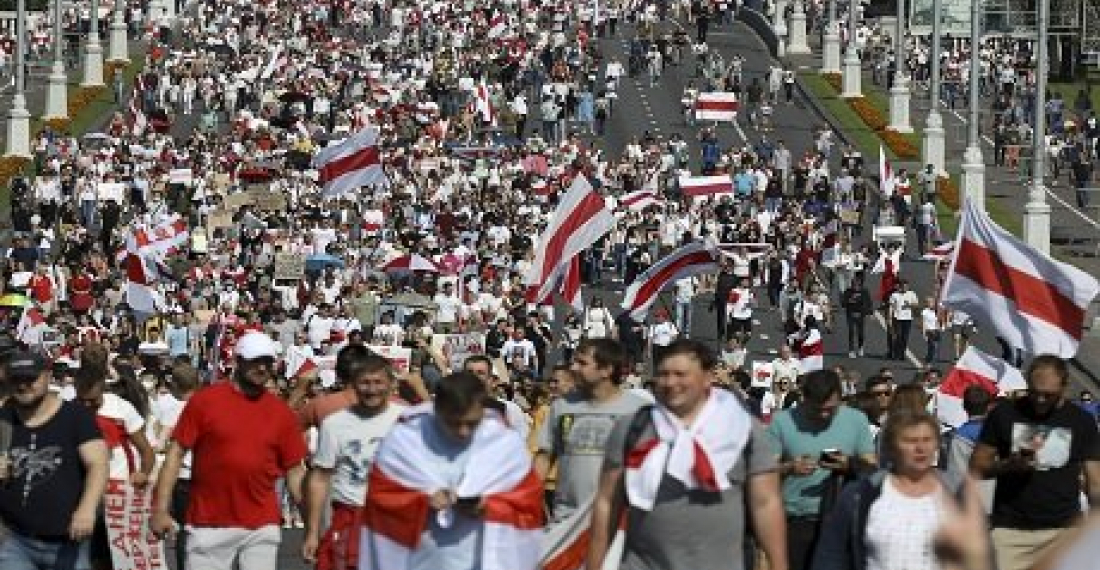The EU High Representative for Foreign and Security Policy, Josep Borrell has proposed that their should be a re-run of the flawed presidential election in Belarus, but this time under the supervision of the OSCE (the Organisation for Security and Co-operation in Europe).
Writing in an op-ed on Sunday, (30 August) in the French newspaper, Journal du Dimanche Borrell said that the "best solution would be to replay the match under the control of the OSCE." Borrell also wrote that Moscow was "intending to prevent Europeans from providing help to civil society that's revolted against rigged presidential elections."
Borrell's comments came after last weeks' informal meeting of the 27 EU Foreign Ministers in Berlin where Belarus was one of the main items on the agenda. At a post meeting press conference on Friday Borrell emphasised that "the European Union does not recognise the results of the election and considers the actions of the authorities unacceptable."
"We, once again, express our fully support to Belarus' sovereignty and independence, condemn the violent repression of the Belarusian people and we ask the authorities to engage in an inclusive dialogue to move out of the crisis", he added.
Sunday saw another wave of street protests in Minsk and other Belarus cities. Tens of thousands of people gathered close to the presidential palace in Minsk, urging the president to resign. So far, emboldened by support from Russian President Vladimir Putin, Belarus president Alexander Lukashenko has remained defiant, insisting there will be no new elections but suggesting that some political changes were possible.
source: commonspace.eu
photo: Demonstrators in Minsk on Sunday (30 August) again called for the resignatioj of president Lukashenko (Picture courtesy of AP)






